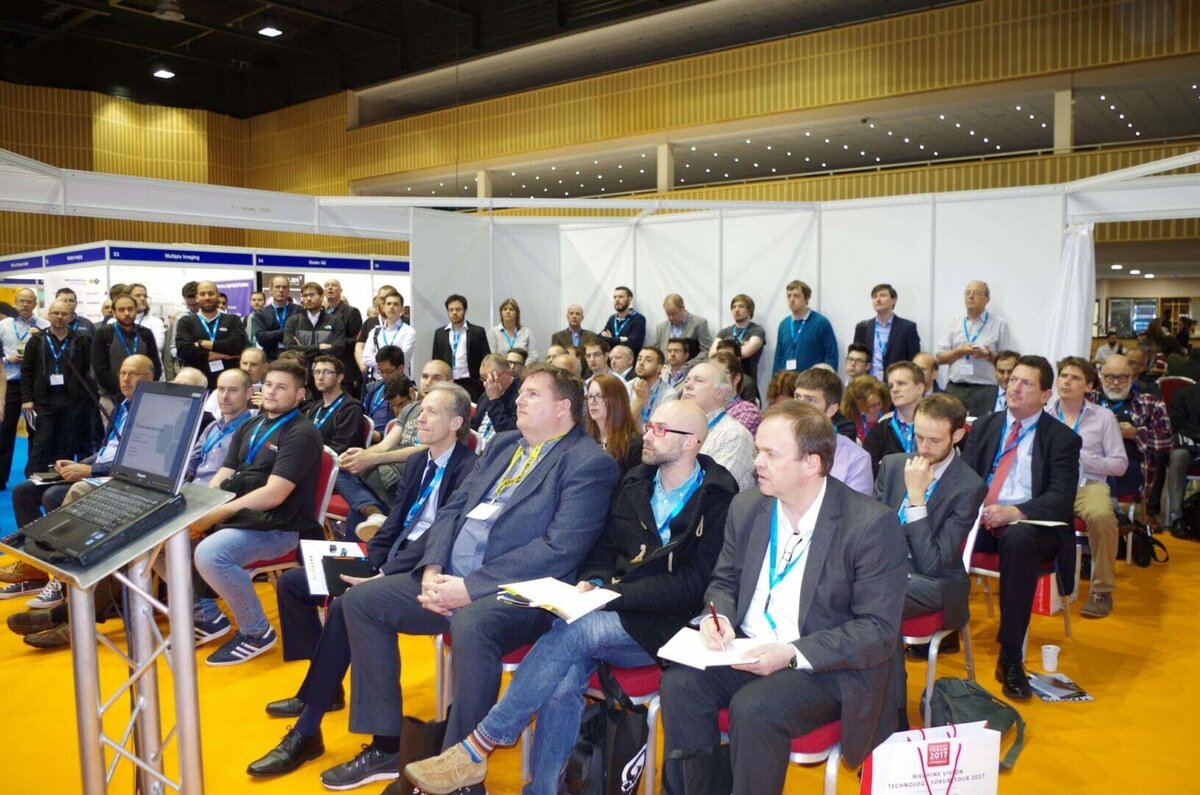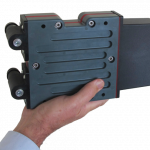The Conference programme for the UKIVA Machine Vision Conference and Exhibition, which takes place on Thursday 6th June 2019 at the Marshall Arena, Milton Keynes, features 57 seminars across 8 different technology-themed presentation theatres. The programme covers a number of high profile technology themes with many of the underlying technologies appearing across several of these theatres. Full details can be found at: www.machinevisionconference.co.uk/programme.
The programme has been designed to provide interesting content ranging from ‘understanding vision technology’ to ‘vision innovation’. It accommodates visitors with any level of vision knowledge and experience, from those new to the subject to experts. A number of the presentations will include examples of the practical use of vision systems across a wide range of industries. Visitors are free to attend whichever talks are of the most interest and presenters will be on hand throughout the day for further discussions, providing delegates with outstanding opportunities to talk to people with experience of delivering real world vision solutions.
The Conference will include a focus on vision and robotics, showing how this powerful combination can improve productivity and make a significant contribution as part of Industry 4.0 and smart factories. This will feature a contribution from BARA (British Automation and Robot Association), who will also be demonstrating a working robot cell.
The Conference also provides delegates with the opportunity to explore the latest developments in core vision subjects such as camera technology and illumination and optics. There are sessions on the highly popular 3D imaging technology and newer topics such as deep learning and embedded vision as well as a thread devoted to vision systems and applications.
The Conference keynote will be delivered by Dr Luca Benedetti from artificial perception technology specialists, Kudan, and is entitled ‘Visual SLAM in the Wild’. SLAM refers to the process of determining the position and orientation (localisation) of a sensor with respect to its surroundings, as well as simultaneously building a map of the surrounding environment.







